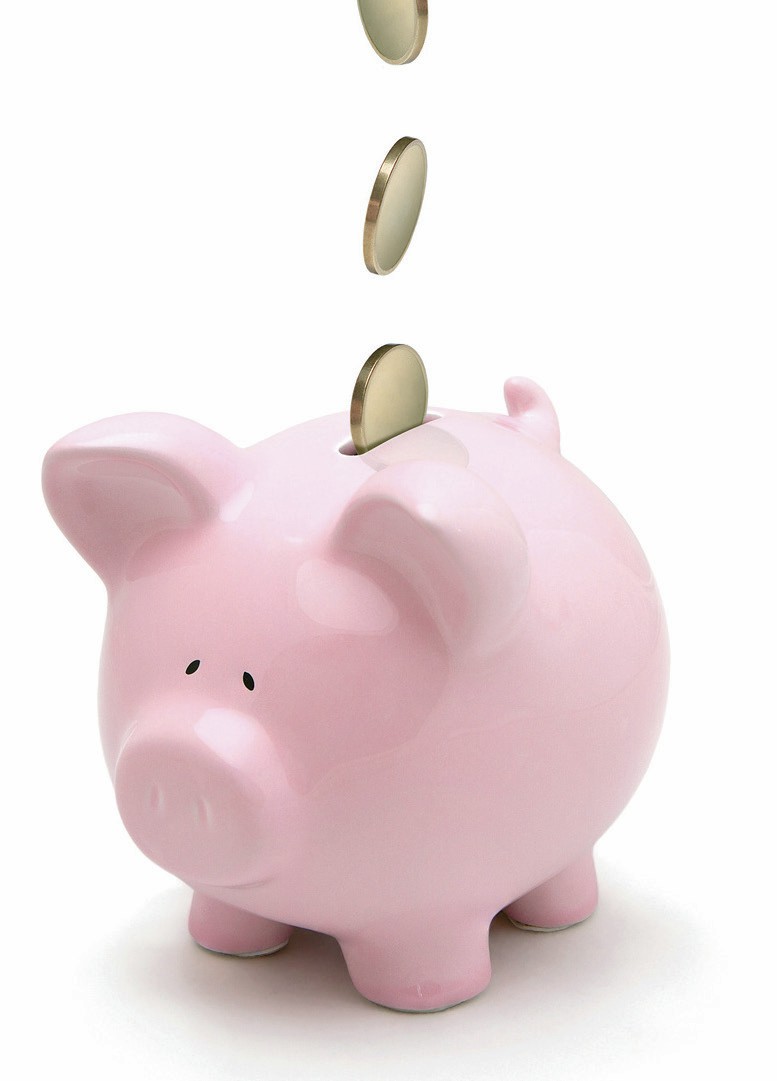
The paradox of thrift was a familiar term among A-level students for many years but for some time now it has slipped into the background. Recently, however, following the financial crisis and the recession, it has been discussed much more by economists—particularly in the USA and the UK. Suddenly, it seems to have become relevant again.
The paradox of thrift has its origins in The Fable of the Bees, written by Bernard Mandeville in 1714, but it was John Maynard Keynes who brought it into mainstream economic thinking during the Depression in the 1930s. Traditional ‘classical’ economic theory considers saving to be a virtue, both for individuals and for the wider economy. Saving allows people to postpone consumption and to build up funds to buy a product without the risk of taking on debt, as well as providing security if or when income falls, such as during periods of unemployment or for retirement.
Your organisation does not have access to this article.
Sign up today to give your students the edge they need to achieve their best grades with subject expertise
Subscribe




